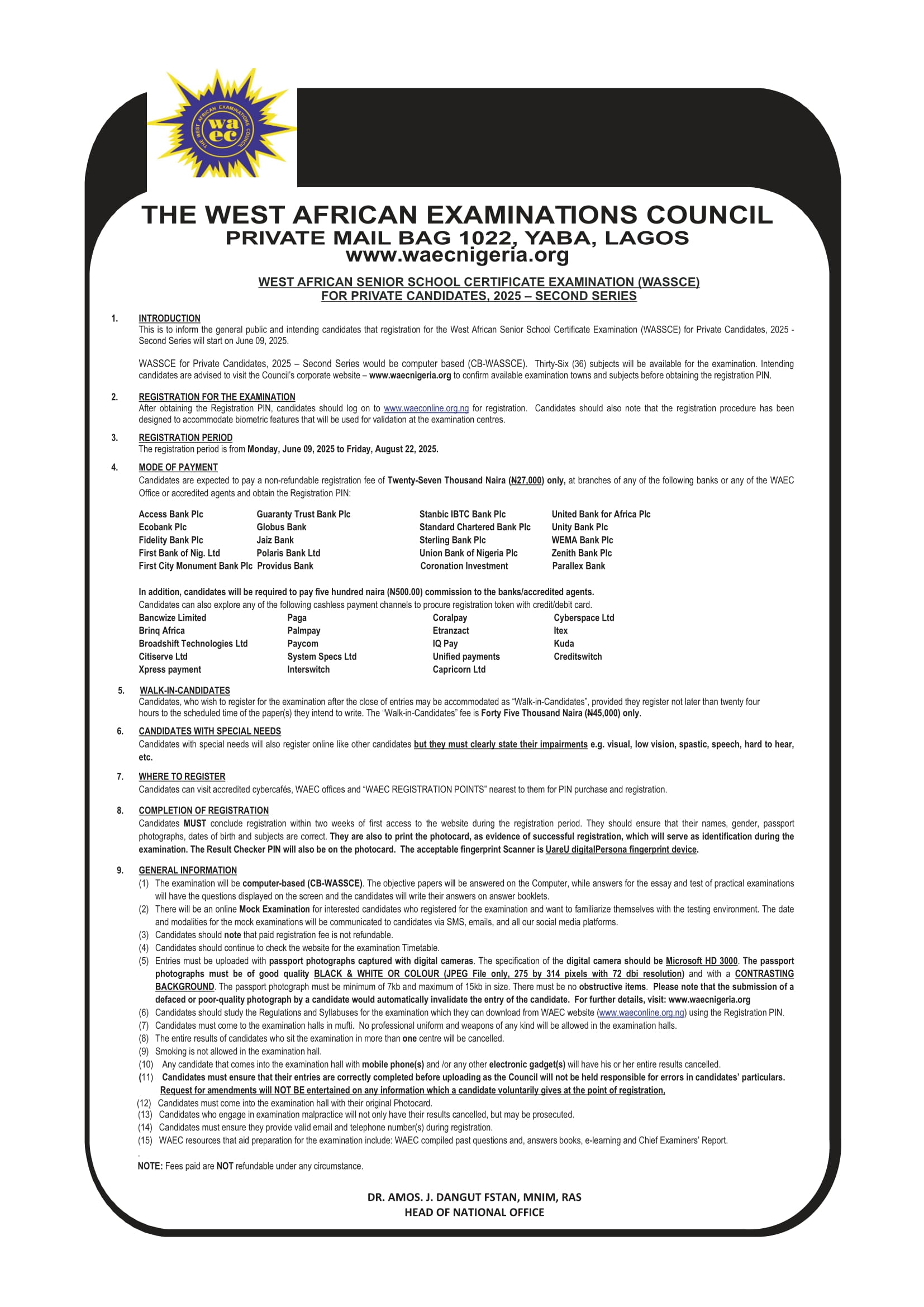
Tinubu
Tinubu commits to global reporting standards implementation in Nigeria

President Bola Tinubu has reaffirmed Nigeria’s commitment to adopting globally recognized sustainability reporting standards to attract capital investments, reshape business models, and protect the environment.
The declaration came during a meeting with Emmanuel Faber, chairman of the International Sustainability Standards Board (ISSB), held in Abuja.
The President’s endorsement coincided with the unveiling of Nigeria’s Adoption Readiness Roadmap by the Financial Reporting Council of Nigeria (FRC), in collaboration with ISSB.
The roadmap is designed to assist businesses in embracing comprehensive sustainability reporting standards.
Emphasizing the significance of compliance with sustainability initiatives, President Tinubu assured that Nigeria would uphold international standards and collaborate with ISSB to enhance financial management systems and optimize national resources.
He stated, “As an administration, we are committed to adopting cutting-edge models for financial reporting and process standardization.
“This applies to environmental regulation, where we are on the verge of significantly reducing the volume of gas flaring in the country.”
On his part, Faber commended Nigeria’s dedication to sustainability reporting, citing the country’s expression of intent at COP 27 in 2022 to be among the early adopters of stringent new standards.
He remarked, “I am happy to be here as Nigeria announces its adoption readiness roadmap. Nigeria is leading the pack in Africa and around the world.”
The adoption of these standards, according to Faber, will attract sustainable capital inflows, promote inclusivity in value chains, and facilitate the decarbonization of Nigeria’s economy.
Rabiu Olowo, the Executive Secretary of the Financial Reporting Council of Nigeria (FRC), highlighted Nigeria’s position as one of the earliest proponents committed to enhancing financial transparency and business performance through sustainable reporting practices.
He expressed confidence in the success of the adoption readiness roadmap, which has been developed to guide businesses through this transformative journey.
Olowo also revealed that the agency has identified five sets of early adopters and outlined a voluntary adoption period leading up to 2028, after which the standards will become mandatory.
”This initiative marks a significant step forward in Nigeria’s quest to align with global sustainability reporting norms and attract responsible investment for national development,” he added.
About The Author

